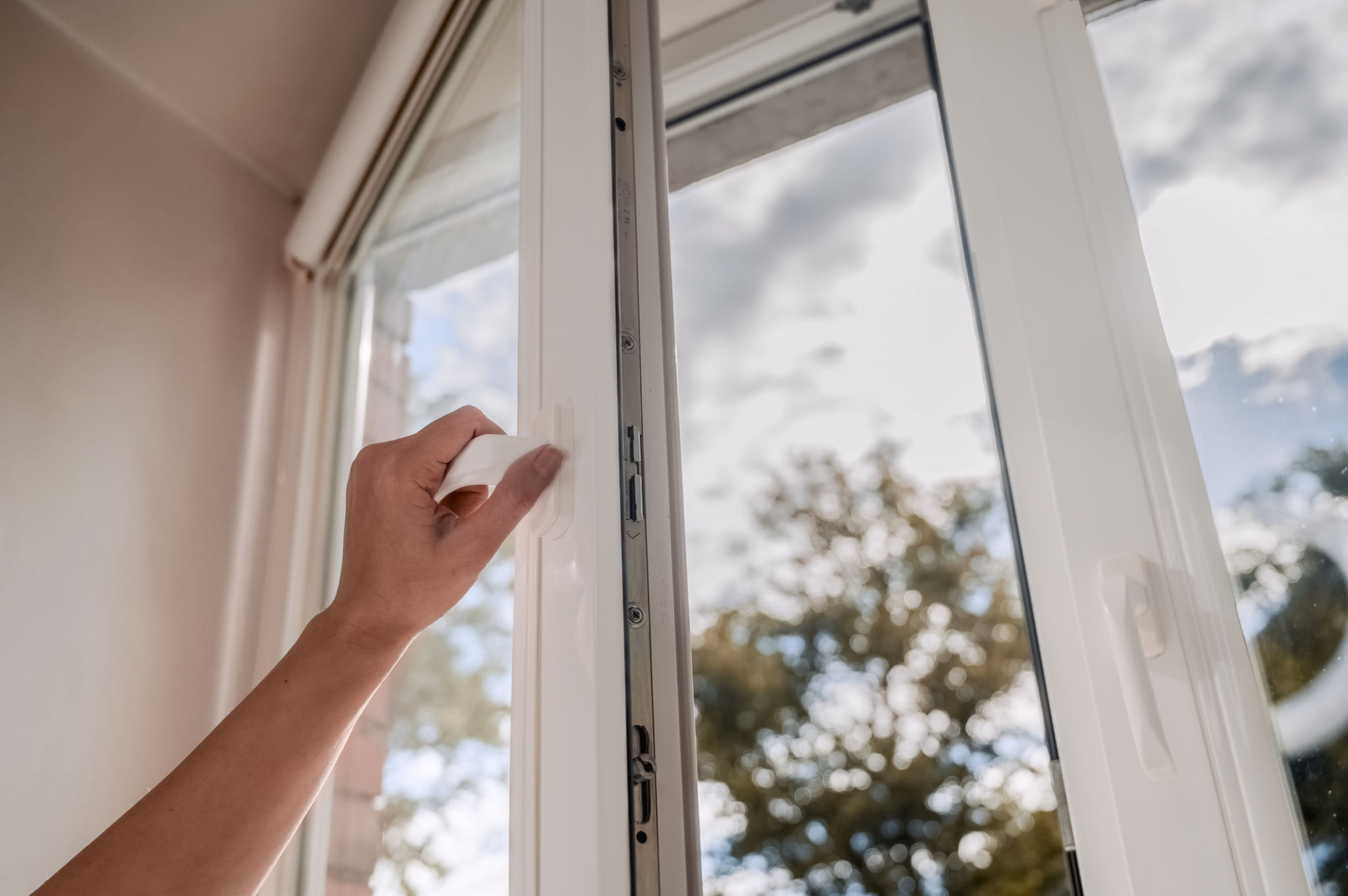Seasonal Guide: Preparing Your Home Locks for Winter
Why Winterizing Your Locks is Essential
As winter approaches, many homeowners focus on winterizing their homes by insulating windows, sealing doors, and preparing their heating systems. However, it's equally important to prepare your home locks for winter. Cold weather can affect the functionality of your locks, leading to inconvenient lockouts or even permanent damage.
Winter conditions such as freezing temperatures and moisture can cause locks to freeze, stick, or become difficult to operate. By taking some proactive steps, you can ensure that your locks remain in optimal condition throughout the colder months.

Inspecting Your Locks
Check for Wear and Tear
Before the cold sets in, inspect all exterior locks for signs of wear and tear. Look for rust, corrosion, or any other visible damage. These issues can be exacerbated by winter weather, leading to malfunction.
Ensure that the locks are properly aligned with their corresponding strike plates. Misalignment can cause additional stress on the lock mechanism, especially in freezing conditions.
Test Lock Functionality
It's crucial to test each lock to ensure smooth operation. Insert and turn the key to check for any sticking or resistance. If you encounter issues, it might be time to lubricate the lock or consider a replacement if the problem persists.

Lubricating Your Locks
One of the simplest yet most effective ways to prepare your locks for winter is by lubricating them. Use a high-quality lubricant specifically designed for locks. Avoid oil-based lubricants as they can attract dirt and grime, worsening the situation in the long run.
- Apply a small amount of lubricant to the key.
- Insert the key into the lock and turn it several times.
- Wipe off any excess lubricant from the key and lock surface.
Protecting Against Moisture
Moisture is one of the main culprits behind frozen locks. To minimize moisture exposure, consider installing a protective cover or shield over exposed locks. This simple addition can significantly reduce the risk of moisture seeping into the lock mechanism.

If you live in an area prone to heavy snowfall or rain, regularly clear away any accumulation around your locks. Excessive moisture can quickly freeze, causing the lock to seize up.
Dealing with Frozen Locks
Despite all precautions, a lock may still freeze occasionally. If you find yourself facing a frozen lock, avoid using hot water as it can cause further damage. Instead, use a de-icer spray or a hairdryer on a low setting to gently thaw the lock.
Another effective method is using graphite powder. Sprinkle a small amount into the keyhole, and it may help free up the frozen mechanism without causing harm.
Consider Upgrading Your Locks
If your current locks are old or frequently problematic during winter, it might be worth considering an upgrade. Modern locks are designed with advanced materials and mechanisms that are more resistant to harsh weather conditions.
Smart locks are also an excellent option, offering both convenience and improved security features that can withstand cold temperatures better than traditional locks.

By taking these steps to prepare your home locks for winter, you'll ensure that your home remains secure and accessible throughout the season. Investing a little time now can save you from potential headaches and expenses in the future.
